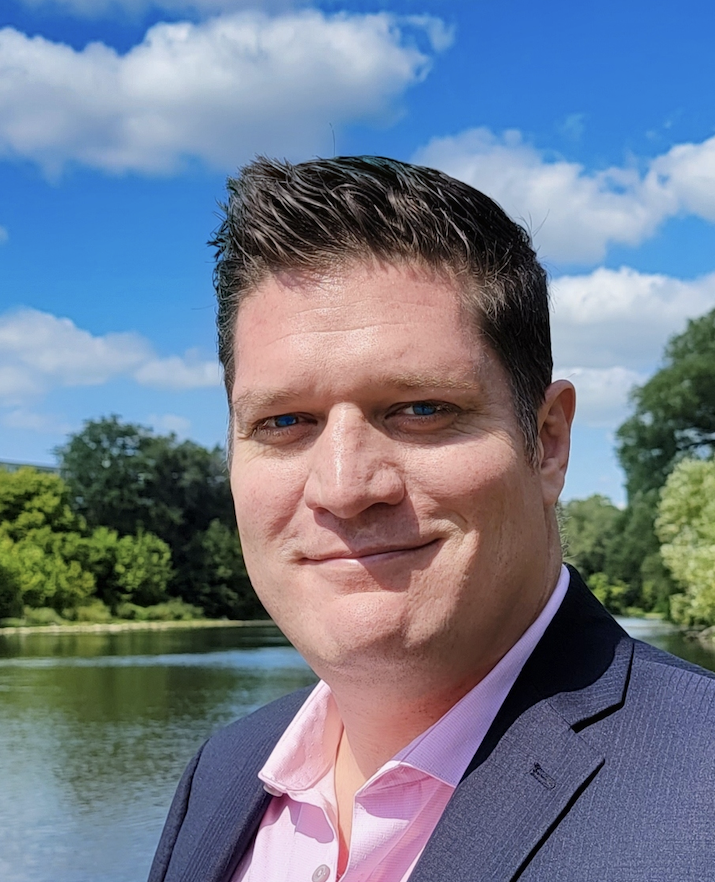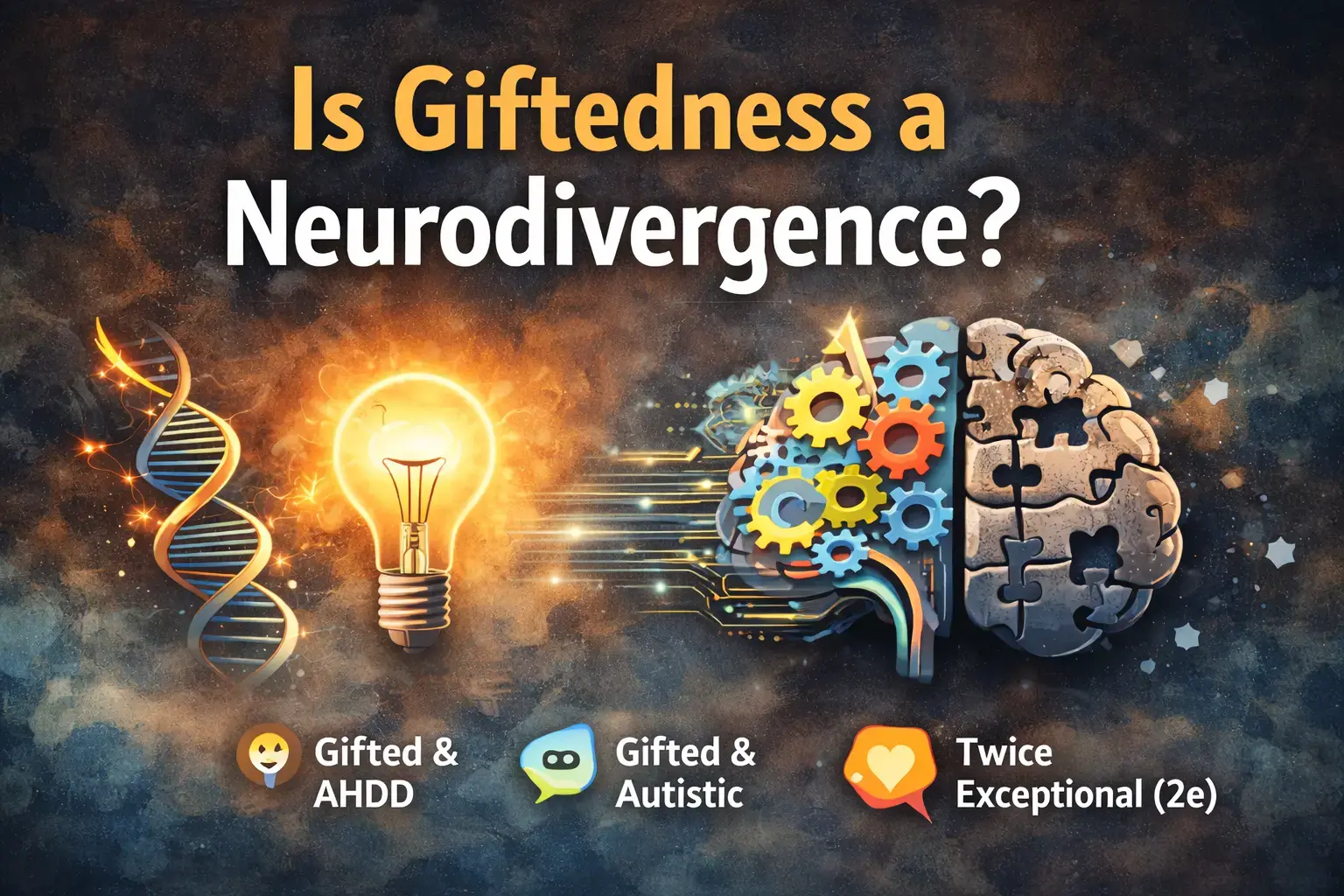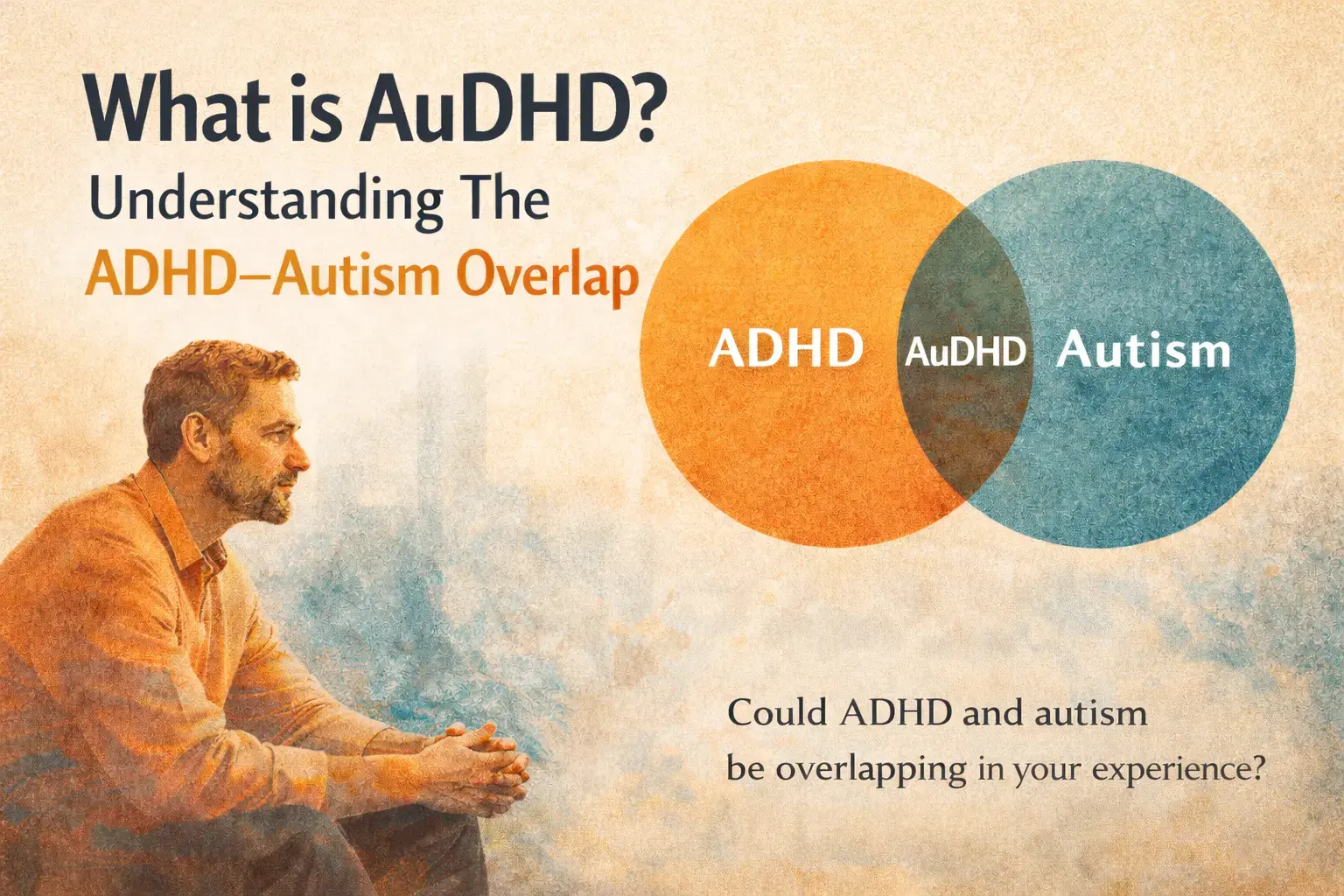Why Rest is Productive: Redefining Work for Neurodivergent Minds

In today's fast-paced world, productivity is often measured by constant activity, nonstop hustle, and high output. However, for neurodivergent individuals—especially those with ADHD—this traditional view of productivity can be exhausting and counterproductive. Focusing on keywords like productivity ADHD, neurodivergent productivity, and rest and self-care ADHD, this blog delves into why rest is not the enemy of productivity but a crucial component of sustainable success and wellbeing.
The Challenge of Hustle Culture for Neurodivergent Minds
Hustle culture promotes the idea that productivity means doing more, faster, and without breaks. For neurodivergent adults, particularly those with ADHD, this approach often ignores the unique ways their brains function. ADHD brains can experience intense bursts of focus but also rapid fatigue, difficulty sustaining attention, and overwhelming sensory inputs that make continuous productivity unrealistic.
Such relentless pressure breeds burnout, anxiety, and feelings of failure when neurodivergent individuals cannot meet these unrealistic expectations. This disconnect calls for a redefinition of productivity that honours neurodivergent needs instead of pushing against them.
You may also connect with the experiences shared in the neurodivergent high-achieving trap.
Redefining Neurodivergent Productivity
Neurodivergent productivity means recognizing that output is not just about quantity but about quality, pacing, and sustainability. It involves understanding:
- The need for flexible schedules that allow for focused work followed by intentional rest.
- The value of downtime as an essential period for cognitive and emotional processing.
- That pacing activities prevents overwhelm and promotes longer-lasting productivity.
- How self-care practices, including rest, support executive functioning and creativity.
This approach shifts from a "go-go-go" mentality to one where rest and work coexist harmoniously.
Why Rest and Self-Care are Essential for ADHD Productivity
For those living with ADHD, rest and self-care ADHD are not luxuries—they are necessities. Research and lived experience consistently show that neurodivergent brains require adequate rest to reset cognitive resources, manage stress, and maintain emotional balance.
Incorporating rest breaks, engaging in activities that soothe sensory sensitivities, and allowing for varied energy levels help maintain sustained productivity over time. Rest also improves memory consolidation and problem-solving skills, directly boosting the effectiveness of focused work periods.
Putting New Productivity into Practice
Michael Holker from Becoming Yourself advocates for incorporating rest as an intentional part of neurodivergent productivity strategies. This includes:
- Creating personalized routines that integrate work and rest in ways that feel natural and manageable.
- Learning to recognize signs of cognitive fatigue and honoring them with restorative activities.
- Letting go of guilt around taking breaks and reframing them as productive choices.
- Building supportive environments that respect pacing needs.
(ADHD minds often struggle with rest; more support is shared on my late-diagnosed ADHD page.)
Conclusion
Redefining productivity for neurodivergent minds means rejecting harmful hustle culture and embracing rest as a form of productivity itself. When rest, downtime, and pacing are prioritized, neurodivergent individuals can experience long-term wellbeing, deeper creativity, and sustainable success.
This transformative outlook is at the heart of the philosophy embraced by Becoming Yourself, Registered Social Worker and Online Psychotherapist Michael Holker, who offers guidance on integrating rest and self-care into effective productivity approaches tailored for neurodivergent adults.
If you’d like to learn more about the values behind my work supporting rest, recovery, and nervous system balance, you can visit the services I provide for emotional regulation, burnout, and identity work
If this post speaks to your own struggles with rest, you’re welcome to reach out through my contact page to explore support around pacing and self-compassion.
Or stay on the blog and learn more about ADHD, Autism, and Giftedness.
You may also find meaning in Self-Compassion Neurodivergent Burnout Practices.
Blog Disclaimer
This blog includes occasional personal anecdotes used to illustrate therapeutic ideas and foster connection. All identifying details have been altered or omitted to protect confidentiality. These reflections are intended as examples only; every individual’s experience is unique, and what resonates for one person may not apply to another.
The information provided here is for educational and informational purposes and should not be considered a substitute for professional medical or mental health advice, diagnosis, or treatment. If you have concerns about your health or well-being, please consult a qualified healthcare provider or licensed mental health professional.
Psychotherapy services described on this site are available to residents of Ontario. If you are interested in support or would like to schedule a complimentary 20-minute consultation, you are welcome to contact me through my practice.
These resources are offered to support your learning and self-understanding as you move toward a more grounded, authentic, and meaningful life.

Michael Holker HBA, BSW, MSW
Michael Holker, MSW, RSW, is the compassionate heart behind Becoming Yourself Counselling. Discovering his own neurodivergence later in life shaped his existential, humanistic, and strengths-based approach to therapy. Guided by his lived experience, Michael helps neurodivergent individuals move beyond self-criticism toward self-understanding, self-compassion, and self-acceptance. His work invites clients to honour their journeys, embrace their resilience, and reconnect with their authentic selves, cultivating a life of greater alignment and meaning.


